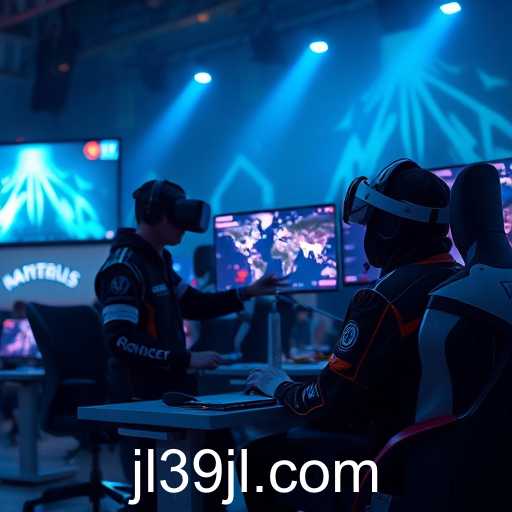The gaming industry is experiencing a remarkable transformation that is redefining the boundaries of entertainment and technology. As of this year, significant advancements in artificial intelligence (AI), virtual reality (VR), and e-sports are creating new opportunities and challenges for developers and gamers alike.
One of the driving forces behind this change is the integration of AI technology into gaming. AI is not only enhancing gameplay by providing more realistic and adaptive NPCs (non-player characters) but also empowering developers to create intricate storylines and immersive environments that react dynamically to player decisions. This innovation is leading to games that offer unique experiences, tailored to individual preferences and playing styles.
Virtual reality continues to stand at the forefront of gaming innovation. With the release of new VR headsets that offer enhanced resolution and user experience, players find themselves completely immersed in virtual worlds like never before. Industries beyond gaming are taking note, as VR technology spills over into areas such as education, healthcare, and art, showcasing its broad applicability and potential for growth.
E-sports have seen exponential growth, attracting massive global audiences and becoming a respected competitive platform. This phenomenon is not just limited to traditional games; it is influencing the development of new titles specifically designed for competitive play. Monetization strategies in e-sports have also evolved, with sponsorships, broadcasting rights, and merchandise playing crucial roles in generating revenue.
The 39 JL platform, although relatively new, has capitalized on these trends, earning a reputation for highlighting emerging talents in e-sports while showcasing the latest in AI and VR innovations. As its community grows, it continues to set standards for how gaming ecosystems can thrive by integrating cutting-edge technology with community engagement.
While these developments are exciting, they also raise important questions about regulation, privacy, and the ethical implications of AI and virtual worlds. These concerns underscore the need for ongoing dialogue among developers, players, and policymakers to ensure that the gaming industry evolves responsibly.
Ultimately, as 2025 progresses, the gaming industry's landscape will undoubtedly continue to shift, driven by relentless innovation and creativity. Observers will be keenly watching how these changes shape not only the future of gaming but also the broader entertainment and technology sectors.








